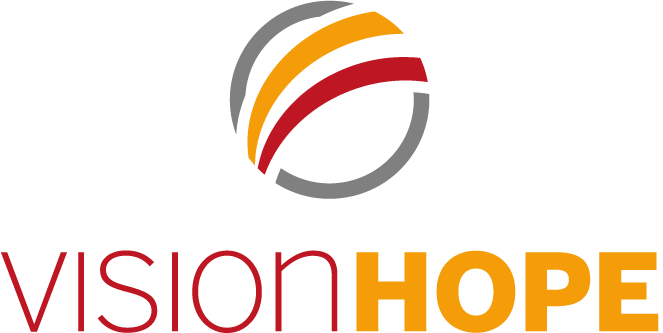When Nura and her family fled from Syria, they first went to the Za’atari refugee camp, just on the Jordanian side of the border. However, the conditions there were so deplorable that they left after just six weeks. After trying to survive on their own near the Dead Sea, they traveled to Karak, a small city in southern Jordan. Being unregistered, the family was unable to receive any support from the United Nations, and Nura’s husband sustained a knee injury that made working impossible. In Karak, they learned about the Vision Hope Family Center, where her children were able to attend a kindergarten specially designed for traumatized children. When she was offered a job cleaning for the Family Center while her kids attended the program, she felt that it was a gift from God. Five years later, the children attend the afterschool program, where they get help with their homework, as well as therapeutic support and life skills. Nura has now worked for the Family Center for five years and can’t imagine where her family would be without it.
What sets the Vision Hope Family Centers apart from other community organizations is that the services aren’t only available to those who can pay for them. Erling Aasen, who has worked with Vision Hope since 2013, said, “We are able to provide services at the Karak Family Center for people in this city who have money. The realization is that we really want to be here for the poor.”

In providing services to the poorest members of society, particularly Karak’s large population of Syrian refugees, one of the most important problems to be addressed is that of sustainability. Sustainability is being able to meet needs today without compromising the ability to meet them tomorrow. To this end, the Karak Family Center is a joint project between Vision Hope International and a local NGO, Branches of Mercy. According to Aasen, “Helping the local NGO and the local staff, enabling them to get funding for helping the poorest members of society, is an important part of sustainability.”

In addition to ensuring its own sustainability, the Family Center is helping to create a more sustainable community in Karak. When Jordanian and Syrian children learn and play together, the barriers to Syrian integration within the Karak community diminish. Children who have the educational background and psychosocial support that they need to succeed in school have a greater potential for growing into professionals who can contribute to their communities. Sustainability is not just about the center being able to meet its own financial needs; it is also about enhancing integration and social cohesion for the larger community.
By becoming a sustainable institution within the fabric of Karak society, the Family Center is able to offer its services to all, especially to the poor. It provides them with employment, job training, educational services, and psychosocial support. As with all other Vision Hope projects, the goal is empowerment of the poor so that they can transform the world.
